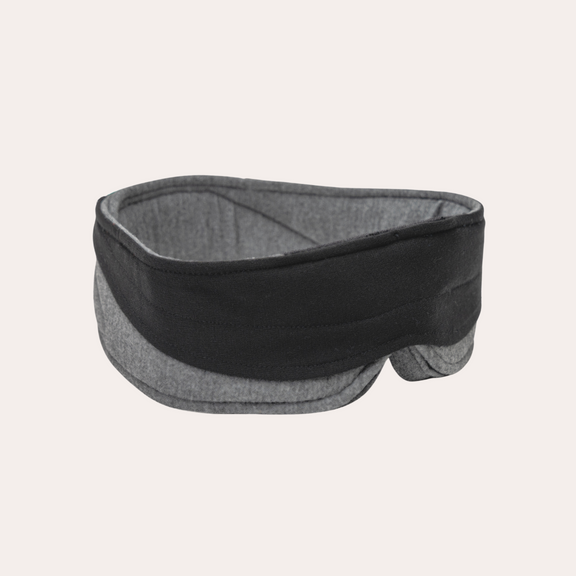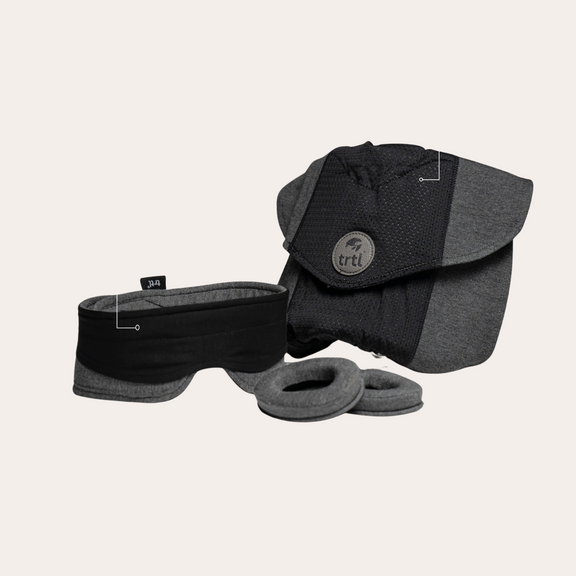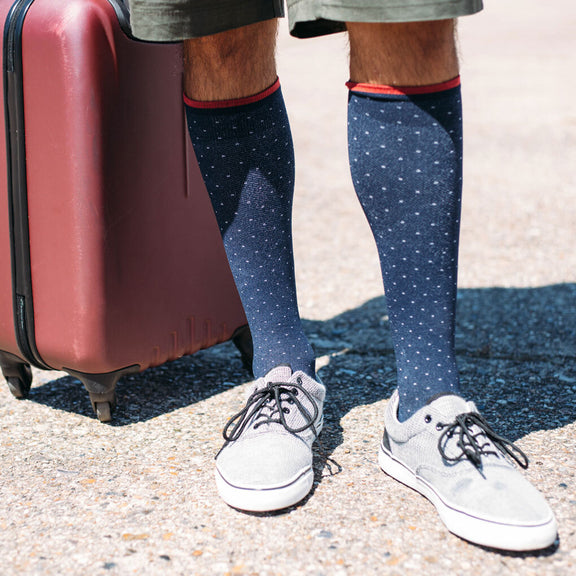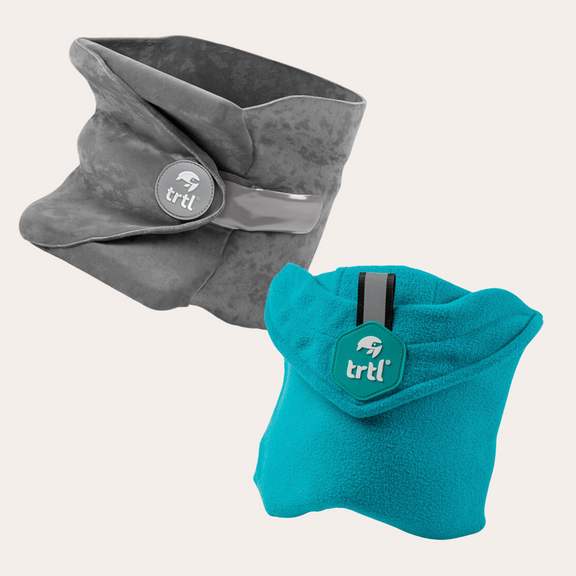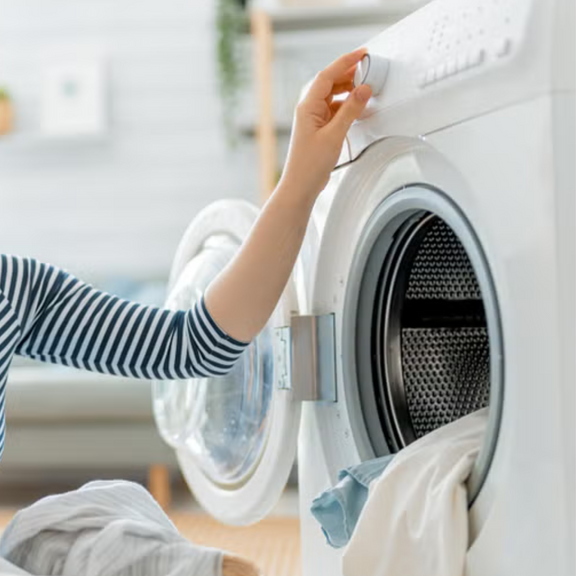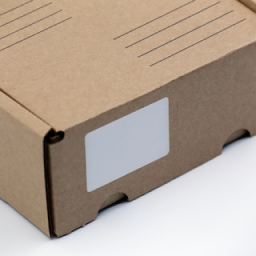May 28, 2019
Are You Sleeping Too Much Or Too Little For Your Age?
By
Trtl Guest
Tired? Could Be You're Sleeping Too Much
Ah, the days when we lay there sleeping, eating, getting our diapers changed on demand. And repeating! Well, wake up kid. Those days are long gone. Whether you’re still in school, headed to college or holding down an office job and, at last, adulting like a grown up, new and old responsibilities are likely impacting on your sleep routine.
That’s why, here at Trtl, we felt it was time we put together a guide that will have you sleeping and napping like a baby, or rather age appropriate person, in next to no time. Because getting the right amount of sleep according to your years is a must for staying healthy and active.
But it may surprise you to know that too much sleep can be just as harmful as too little.

Are You Sleep Deprived?
The perceived wisdom is that most people should get eight hours sleep. Yet some argue that this amount of sleep in one block is not recommended for a healthy lifestyle for everyone. That could mean that many of us aren’t managing our sleep patterns correctly even if they are getting close to the average amount of sleep each night.
The quality of your sleep is also something you should be aware of. Restlessness, waking up during the night and being disturbed by light or noise can all interrupt your ideal slumber. Our sleep may be affected by worries or by our use of electronic gadgets such as our mobile phones directly before bedtime.
Researchers in the US speak of a ‘sleep crisis’ while in the UK, six out of 10 people are estimated to be sleep deprived, in part due to smart phone or computer usage. The statistics vary around the world, but there are steps you can take to get the benefit of a good night's sleep.

We need different amounts of sleep according to our age due to the complex changes in the way our brains develop. Our circadian rhythm ( our 24-hour internal clock also known as our sleep/wake cycle ) environmental factors, work and social needs and demands all play a part.
Children require more sleep as a result of the hormone melatonin, which decreases from the age of 7 or 8 until we are 70 years old when it is virtually non-existent in our bodies. The need for sleep decreases with age. This may be why the older we are the poorer the quality of our sleep.
Traveling with children this summer. Try out our Trtl Pillow Junior designed with the help of kids for kids and perfect for napping on the move.
Traveling with children this summer? Try our Trtl Pillow Junior designed with the help of kids for kids and perfect for napping on the move.
Babies need up to 18 hours sleep per day because they are acquiring and consolidating memories and learning. During the sleep stage, hormones stimulate growth and cell production. Whatever a person’s age, sleep is important for health and wellbeing and can help fight against obesity, poor memory function, heart disease and diabetes as well as high blood pressure.
Sleep helps with mental function, alertness, memory retention and physical health.
WIN an adventure filled family vacation for 4 to Yellowstone National Park and the Rocky Mountains ENTER NOW.
We all know that not getting enough sleep can have a major impact on our ability to function well. Yet too much sleep can also be detrimental. Experts claim that for most adults, anything over nine hours in bed will adversely affect your health. People are starting to realise there are implications attached to not getting the right amount of sleep.

Our Sleep Habits Are A Modern Phenomenon
In fact, in the olden days, sleep patterns were markedly different from what they are now. It’s only a century ago that when napping became a thing of the past.
In the 15th century – that’s right grandad, before even you were born – we used to spread our sleep over two shorter periods, lasting around 12 hours. Our ancestors, without the benefit of electric or gas lighting, would sleep for only four hours at dusk. They would generally wake up in the early hours and become active again for around two or more hours before going back to sleep. They also slept in a sitting position. Weirdos.
But what had been known as the second sleep had waned by the 17th century and Thomas Edison’s invention of the electric lightbulb along with improved street lighting meant that people didn’t have to stop working as darkness fell.
However, it wasn’t until the Industrial Revolution in the two centuries that followed that people’s sleep habits changed to include a nap in the afternoon for anything from 30 minutes to two hours. Finally, in 1920, references to that first and second sleep disappeared. It just didn’t fit in with the 9-to-5 demands of the factory floor and a modern way of life.

How The Right Amount Of Sleep Differs As You Get Older
Check out our following guide below to see how much sleep you and yours should be getting on any 24 hour cycle.
Newborns (0 to 3 months): 14 to 17 hours of sleep
Infants (4 to 11 months): 12 to 15 hours of sleep
Toddlers (1 to 2 years): 11 to 14 hours of sleep
Pre-schoolers (3 to 5 years): 10 to 13 hours of sleep
School-aged children (6 to 13 years): 9 to 11 hours of sleep
Teenagers (14 to 17 years): 8 to 10 hours of sleep
Young adults (18 to 25 years): 7 to 9 hours of sleep
Adults (26 to 64 years): 7 to 9 hours of sleep
Older adults (65 years or older): 5 to 7 hours of sleep
Now that you know how much sleep you and yours should be getting, don’t forget these helpful tips to ensure you get the best quality sleep when you are ready for it.
- Screens
Studies show that the light emitted from phones and computers can delay and inhibit your sleep. Artificial lighting causes our brains to become alert and tells our bodies to remain awake just as we would with natural light. Turn off your phones a few hours prior to going to bed and make sure that you are not interrupted by notifications.
- Drinks
Coffee and alcohol get in the way of a restful night’s sleep. Drinking coffee in the morning shouldn’t do us any harm but downing coffee before bed could lead to you remaining awake. Similarly, alcohol spikes insulin levels and can lead to you waking up in the middle of the night.
- Worrying
Reading emails can trigger your mind into finding solutions or worrying about work problems. Similarly other worries should be avoided before going to sleep. That’s because stressing about things you can’t control or change in the moment will set your mind racing and prevent you from relaxing into a deep sleep.
- Irregular
Remember at the start of this blog we covered the circadian rhythm. The body loves routine. So, if you have irregular times when you wake up or go to sleep, your body may not know whether it’s coming or going. In the old days it was perfectly natural to wake with the sun and go to sleep when it is dark. Nowadays, things are more complicated, but our our bodies will become confused and exhausted if we don’t keep to a regular bedtime schedule. Try to go to sleep at roughly the same time each night for a better sleep.
Let’s face it, sleep is super important, whatever age you are. That's why, here at Trtl, we've developed a range that is all about giving you the advantage when it comes to being fully rested on your travels.
Planning a trip this summer? Be sure to collect your Trtl Travel Pillow, the new Trtl Pillow Plus and our brand new Trtl Pillow Junior, specially designed for children aged 8 and up.






